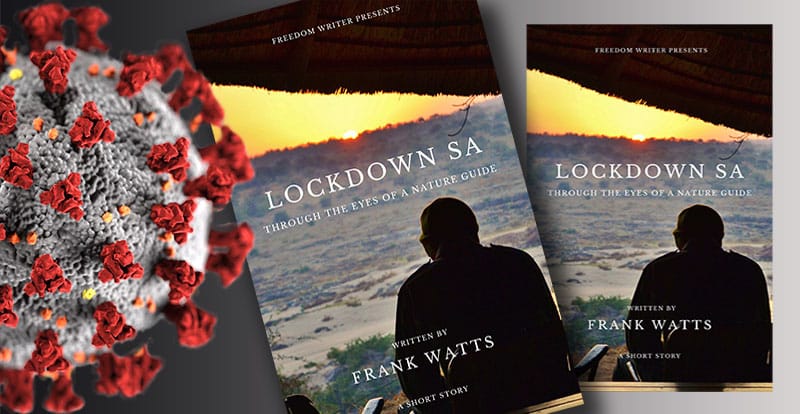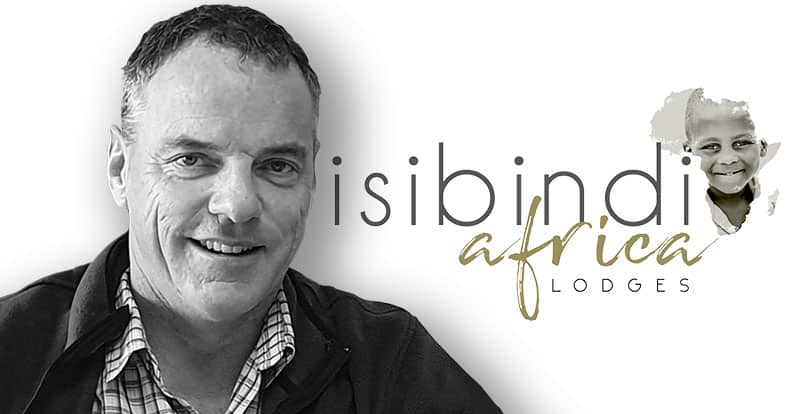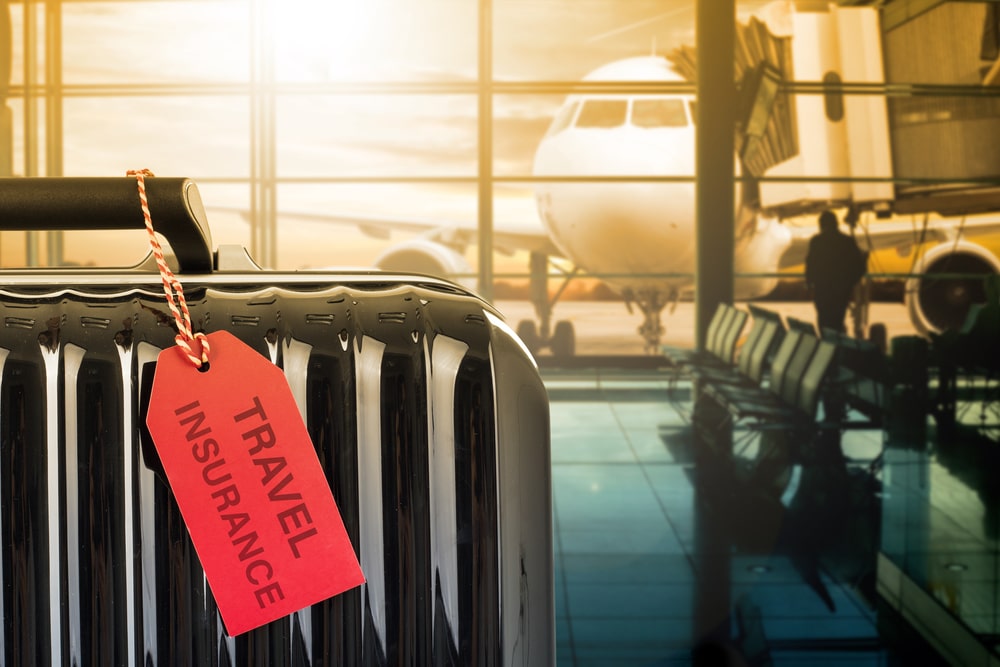Tourism Sector Collaborates To Develop A Recovery Plan
Johannesburg, 16 April 2020 – According to travel and tourism industry leaders who participated in a series of webinars hosted by South African Tourism, the sector must use the outbreak of the Coronavirus pandemic to address barriers to tourism growth in anticipation of the sector’s recovery.
The Coronavirus outbreak, which has resulted in local and international travel restrictions and closed borders, will have a negative impact on employment and the continuity of businesses in the tourism sector. This is likely to persist for some time and the true effect may only be accurately calculated and reflected much later.
Three webinars are being hosted by SA Tourism, with the first two having already been broadcast on Thursday 09th and Tuesday 14th April, while the third is being broadcast today at 12h00 (CAT). To register, visit www.bit.ly/satourism3.
The webinars are being hosted in order to stimulate sector discussions on solutions, scenarios and a way forward. Below are recordings of the previous two webinars:
In the first of the webinars, the travel and tourism experts on Thursday said the outbreak was an opportunity for the sector to re-think and do things differently.
SA Tourism CEO, Sisa Ntshona said that the tourism sector had come to a standstill. “All of our hotels and operators have had zero revenue in the last two weeks and yet have to carry certain costs such as labour costs without knowing what the future holds. We are encouraging people not to travel. The short-term sacrifices we are making will pay off in the longer run. We must get on top of the pandemic first before any other activities can take place.”
SA Tourism is currently compiling a recovery plan for the sector. The plan will take into consideration various scenarios. These include developments in key traditional source markets such as Europe and the US. “If we recover before them, it does not help much because they cannot travel, we may then have to look at new source markets,” said Ntosha.
He said domestic tourism and business travel will most likely lead the recovery of tourism travel, followed by regional and international. “What remains unclear is the timing of the recovery. We are now going through a process of engaging the sector to develop the recovery plan,” said Ntshona.
“What is the recovery going to look like? It is becoming clear that the recovery is not recovery to the old way of doing things. There are going to be fundamental changes to the sector. There are going to be changes in travel patterns and what consumers are looking for,” he said.
Ntshona said that as global tourism has ground to a halt after the outbreak, it is appropriate to solicit views from the sector. “We want to hear from the ground up. When the recovery plan is put together, it must represent the views of Team Tourism,” he said.
He said the sector can use the lull to work towards building better experiences for travellers in the future through improved visa environment, for instance. “There is no good time to talk about recovery. The sector had to stop trading (and) that comes with a lot of suffering and pain.”
Suzanne Bayle-Coupe, CEO of Classic Portfolios, a tourism company which offers services to a collection of privately-owned lodges and camps, said that the pandemic has had a devastating effect on business. Bayle-Coupe said the company has seen a wave of cancelations as a result of Covid-19.
“We expected 2020 to be a fantastic year. As hard as it is, this holds an opportunity to re-shape and re-think,” Bayle-Coupe said.
The Department of Tourism has announced an R200 million relief fund in a bid to mitigate the impact of COVID-19 on the sector, especially SMMEs. “It is important to note that our fiscus is depleted. So how do you look after the most vulnerable businesses? The relief fund is targeted at survivalist businesses. It is really about the preservation of those businesses. We are buying time because we do not know how long the pandemic is going to last,” said Ntshona.
Elmar Conradie, CEO of aviation company FlySafair, said that he expects the domestic sector to lead the recovery of travel and tourism. “A lot will depend on the confidence of the domestic market.”
Chris Mears, CEO of African Travel and Tourism Association (UK), a member trade association focused on promoting tourism to Africa, said that long-haul destinations are going to take longer to recover, as travellers are likely to initially prefer domestic and regional destinations.
Sun International COO, Graham Wood, said that the outbreak forces the sector to think differently. “We need to take the opportunity to bring all the players together and engage in what we need to do to unblock the hinderances to tourism. We need to improve our fundamentals first.”
He said domestic tourism must be spread widely across the country. But the costs to destinations outside the “golden triangle” of Johannesburg, Cape Town and Durban are high. “It is still expensive to fly to George and Nelspruit,” Wood said.
Mears said that work to stimulate travel post-COVID-19 must commence now. “We have a captive audience as people are locked in their homes with 24/7 internet access. We have to inspire people to travel in the future and make sure that our destinations are at the top of minds”.
“We have to create the demand when things start to recover. All the flight routes and frequencies will be supply- and demand-driven. It is vitally important that we work on a regional basis as most international tourists see Africa as a country rather than a continent so they will travel to more than one destination,” said Mears.
Conradie said that, after the lockdown, the airline industry will add capacity even if there is no adequate demand initially. “Airline ticket prices are going to be incredibly cheap especially domestically. Ticket prices are going to fall dramatically which is good news for other operators in the tourism industry. This may stimulate the industry quicker into the recovery phase,” he said.
Bayly-Coupe said that the lockdown is an opportunity to rethink business models. “We have to use this time to reinvent ourselves and look at our service models. We have to be agile, adaptable, collaborative and optimistic.”







